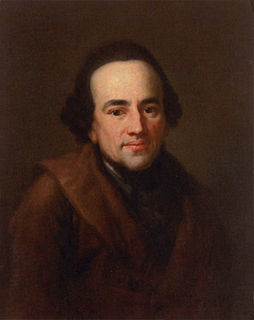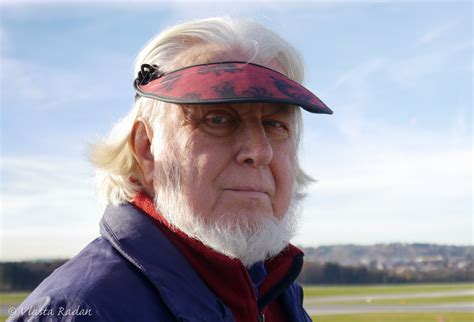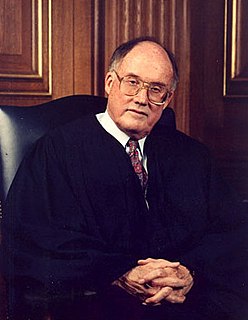A Quote by Karl Marx
The state is based on this contradiction. It is based on the contradiction between public and private life, between universal and particular interests. For this reason, the state must confine itself to formal, negative activities.
Related Quotes
The essence of the modern state is that the universal be bound up with the complete freedom of its particular members and with private well-being, that thus the interests of family and civil society must concentrate themselves on the state. It is only when both these moments subsist in their strength that the state can be regarded as articulated and genuinely organized.
After the countrywide victory of the Chinese revolution and the solution of the land problem, two basic contradictions will still exist in China. The first is internal, that is, the contradiction between the working class and the bourgeoisie. The second is external, which is the contradiction between China and the imperialist countries. Consequently, after the victory of the people's democratic revolution, the state power of the people's republic under the leadership of the working class must not be weakened but must be strengthened.
There is no contradiction between technology and spirit. There is no contradiction between the search for intellectual integration and understanding and the psychedelic experience. There is no contradiction between ultra-advanced hyperspacial cyber culture and Paleolithic archaic culture. We have come to the end of our sojourn in matter. We have come to the end of our separateness.
Changes in society are due chiefly to the development of the internal contradictions in society, that is, the contradiction between the productive forces and the relations of production, the contradiction between classes and the contradiction between the old and the new; it is the development of these contradictions that pushes society forward and gives the impetu6 for the suppression of the old society by the new.
A perfect life is a contradiction in terms. Life itself is a state of continuous struggle between ourselves and everything outside. Every moment we are fighting actually with external nature, and if we are defeated, our life has to go. It is, for instance, a continuous struggle for food and air. If food or air fails, we die. Life is not a simple and smoothly flowing thing, but it is a compound effect. This complex struggle between something inside and the external world is what we call life. So it is clear that when this struggle ceases, there will be an end of life.
For Americans the contradiction between national ideal and social fact required explanation and correction. Ultimately this contradiction did not lead to the abandonment of the ideal of equal opportunity but rather to its postponement: to the notion of achieving for the next generation what could not be achieved for the current one. And the chief means to this end was a brilliant American invention: universal, free, compulsory public education. This "solution" was especially important for children and families because it gave children a central role in achieving the national ideal.
Citizens often think of a state's interests in terms of the promotion of ideals such as democracy, a particular way of life, or other values which they endorse or see as part of their historical continuity and identity. In this domain as in others values are not fixed, and so a state's interests are dynamic and in a constant state of negotiation and construction.
I have never, so far, in all the studies I have done, met a contradiction between what the human, experimental and natural sciences are telling us and the Islamic rules. In fact, the opposite is true: anything that is coming from the modern sciences is helping me better understand the text. It's not a contradiction. It's a relation.








































